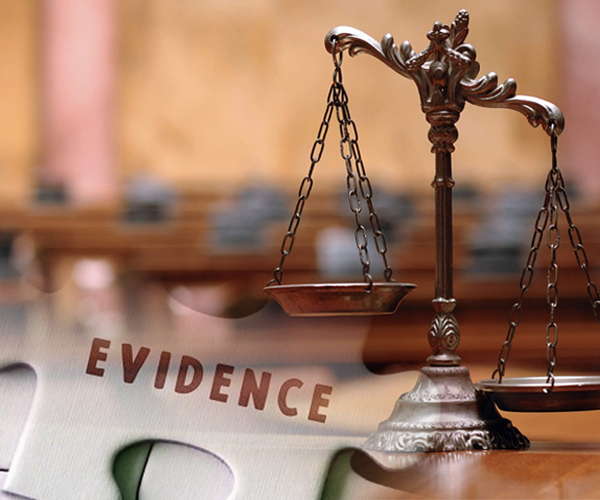
The mode of proving a Will does not ordinarily differ from that of proving any other document except as to the special requirement of attestation prescribed in the case of a Will by Section 63, of Indian Succession Act. The burden of proving the Will is on the propounder and in the absence of suspicious circumstances surrounding the execution of the Will, proof of testamentary capacity and the signature of the testator as required by law is sufficient to discharge the burden.
In one matter Supreme Court held:
“The propounder has to show that the Will was signed by the testator, that he was at that relevant time in a sound disposing state of mind, that he understood the nature and effect of the disposition, that he put his signature to the testament of his own free will and that he has signed it in the presence of the two witnesses who attested it in his presence and in the presence of each other. Once these elements are established, the Burden which rests on the propounder is discharged. But where there are suspicious circumstances the onus will be on the propounder to explain them to the satisfaction of the Court before the Will could be accepted as genuine.”
